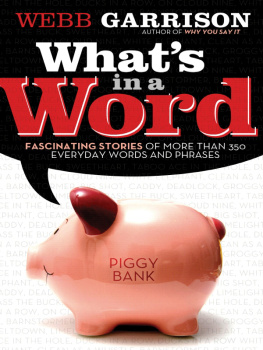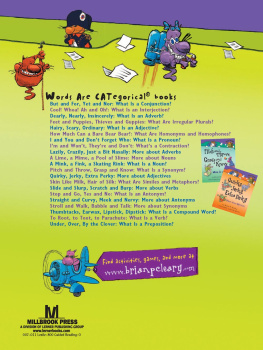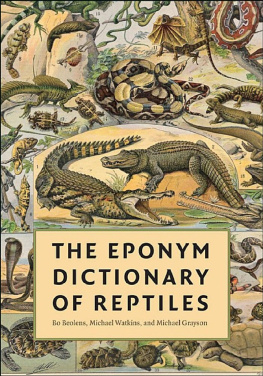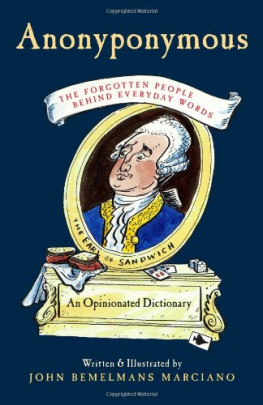illustrated by
GIULIO MAESTRO
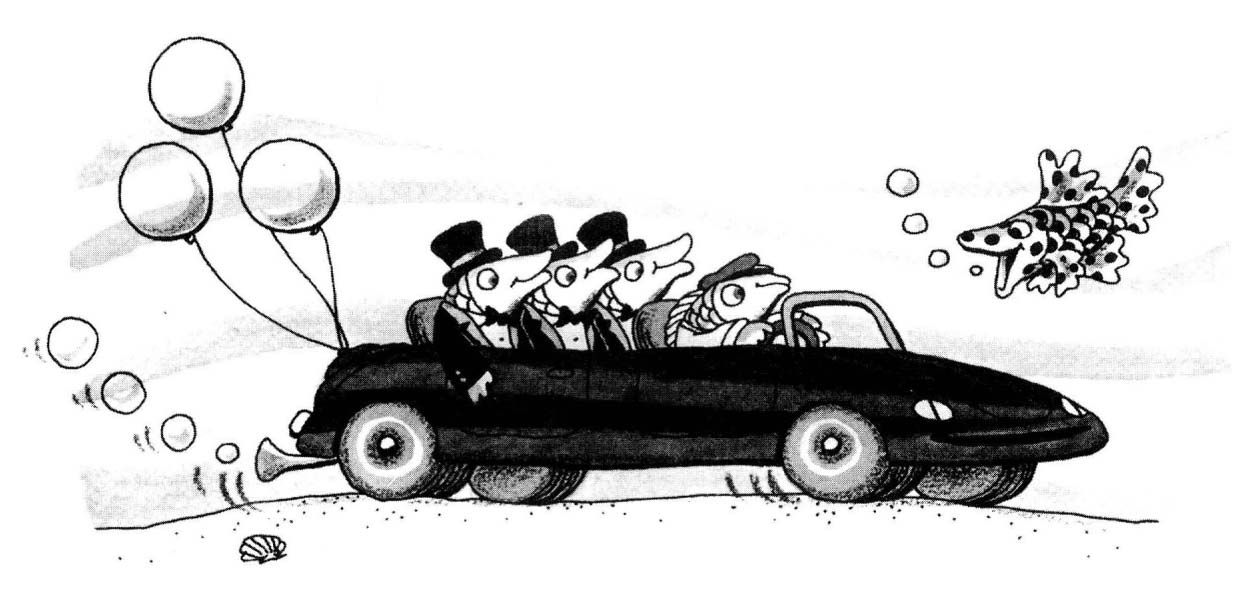
CLARION BOOKS
NEW YORK
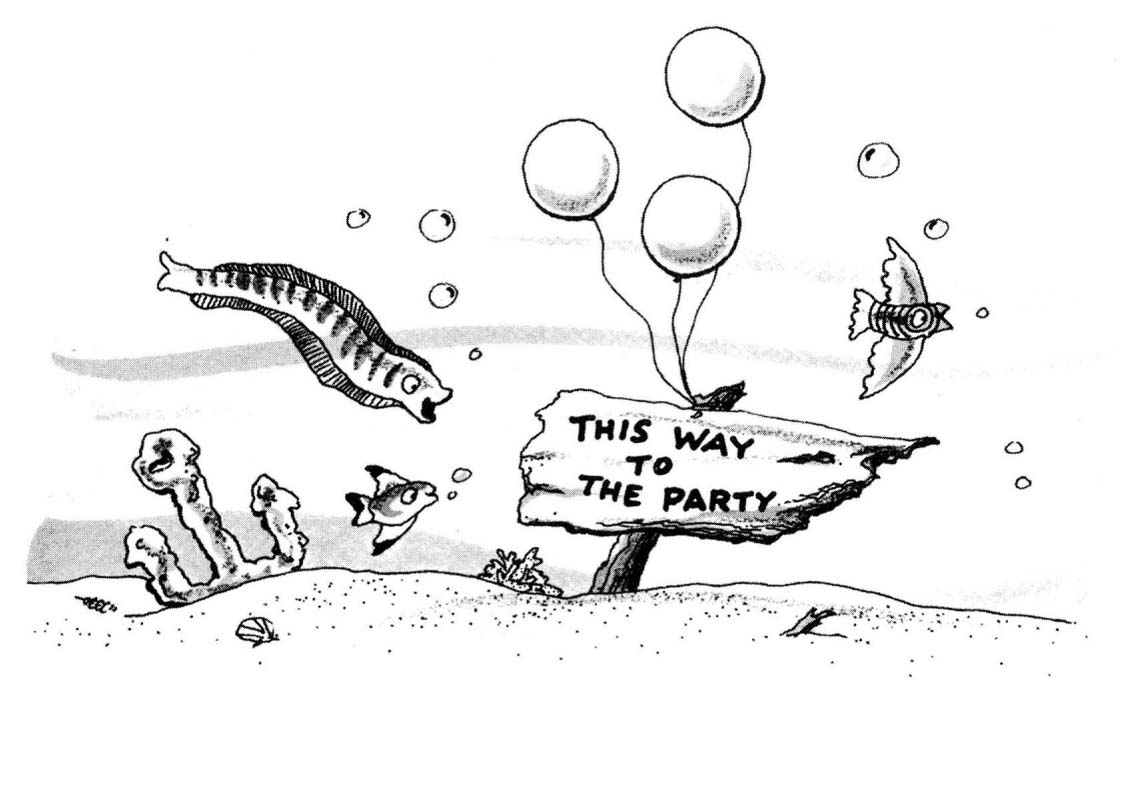
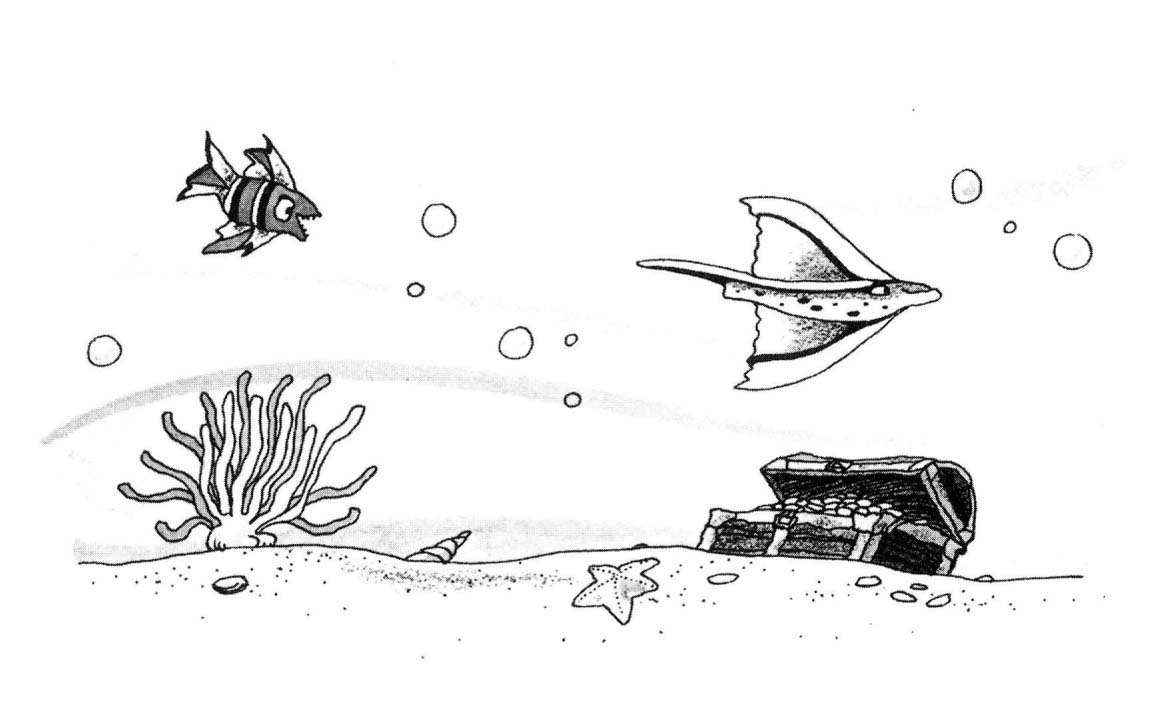
Thanks to the United States Trademark Association for supplying the following information: Buick, Cadillac, Chevrolet, Oldsmobile, and Pontiac are registered trademarks of General Motors Corporation. Ford, Mercury, and Lincoln are registered trademarks of Ford Motor Company. Chrysler, Plymouth, and Dodge are registered trademarks of the Chrysler Corporation. Levi's is a registered trademark of Levi Strauss & Co. Jacuzzi is a registered trademark of Jacuzzi Inc. Frisbee is a registered trademark of Kransco. Listerine is a registered trademark of Warner-Lambert Company.
Clarion Books
a Houghton Mifflin Company imprint
215 Park Avenue South, New York, NY 10003
Text copyright 1988 by Marvin Terban
Illustrations copyright 1988 by Giulio Maestro
First Clarion paperback edition, 1988; reissued, 2008.
All rights reserved.
For information about permission to reproduce selections from this book, write to Permissions,
Houghton Mifflin Company, 215 Park Avenue South, New York, NY 10003.
www.clarionbooks.com
Printed in the U.S.A.
The Library of Congress has cataloged the original edition as follows:
Terban, Marvin.
Guppies in tuxedos: funny eponyms / by Marvin Terban:
illustrated by Giulio Maestro,
p. cm.
Bibliography: p.
Summary: Traces the origins of more than 100 eponymous words
words derived from the names of people or places.
ISBN 0-89919-509-1
1. English languageEponymsJuvenile literature.
2. English languageEtymologyJuvenile literature.
[1. English languageEponyms. 2. English languageEtymology]
I. Maestro, Giulio, ill. II. Title.
PE1596.T48 1988
422dcl9
PA ISBN: 978-0-547-03188-0
EW 10 9 8 7 6 5 4 3 2 1
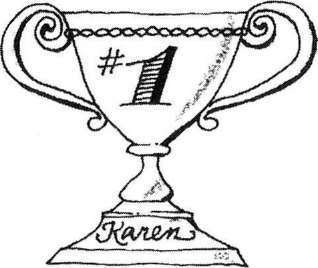
To Karen
If you were an eponym,
"karen" would mean "a wonderful wife."
Contents
INTRODUCTION 11
FOOD 13
CLOTHES 21
TRANSPORTATION 26
THE UNITED STATES 31
DAYS AND MONTHS 36
MEASUREMENTS 41
BAD GUY, GOOD GUY 44
EPO-THINGS 48
THE MOST FAMOUS EPONYMOUS
WORD IN THE WORLD 57
Alphabetical List of the Words Featured in This Book 59
Other Books About Eponyms 61
Other Clarion Word Play Books 62
About the Author and Artist 64
Introduction
Where do words come from? There are hundreds of thousands of words in English. Some words come from people's names. If a person does something very important, or beneficial, or even terrible, his or her name can actually become a word.
A person whose name becomes a word is called an eponym (pronounced EP-uh-nim). Years go by and we forget about the person but keep using the eponymous (pronounced eh-PON-uh-mus) words. (Eponymous words are what we call the words that come from eponyms.)
This book will introduce you to the people behind over 100 eponymous words, who they were and why they became eponyms. Sometimes the names of places become words, and many of them are in this book too.
Maybe one day you'll do something so interesting, so wonderful, so extraordinary that your name will become a word in the English language. You'll be an eponym!
1. Food
Did you know that you eat eponymous foods all the time? The names of many common dishesand some fancy ones, toocome from the names of people or places. Here's a tasty assortment of them. You might find some in your lunch box. Let's start with three everyday foods named after the places they came from.
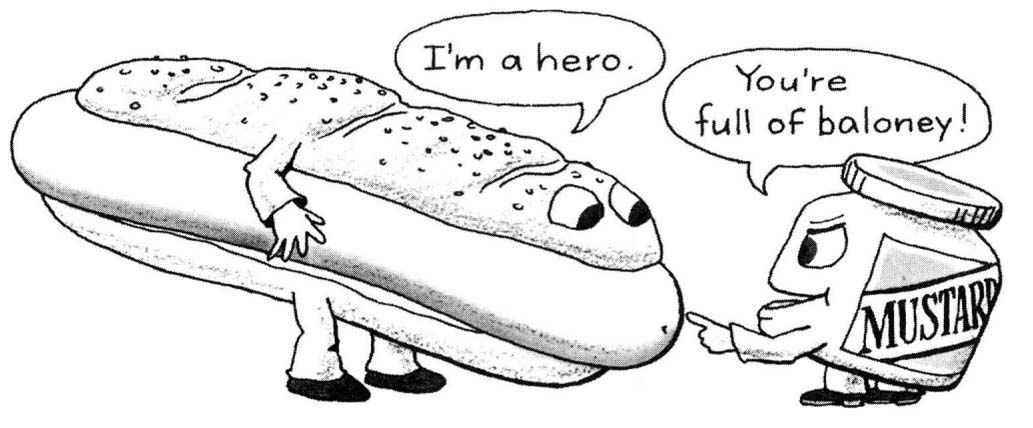
Bologna
Bologna, a picturesque city of northern Italy, was famous for its seasoned smoked sausages made of mixed meats. When people all over the world started eating the sausage from Bologna, they called it "bologna" and sometimes spelled it "baloney."
Frankfurter and Hamburger
Frankfurters, nicknamed "hot dogs," are sold at every professional baseball game in America, but they came from Frankfurt in Germany. Millions of grilled hamburgers on toasted buns with pickles and ketchup are eaten every day in America, but these meat patties were first cooked up in Hamburg, Germany.
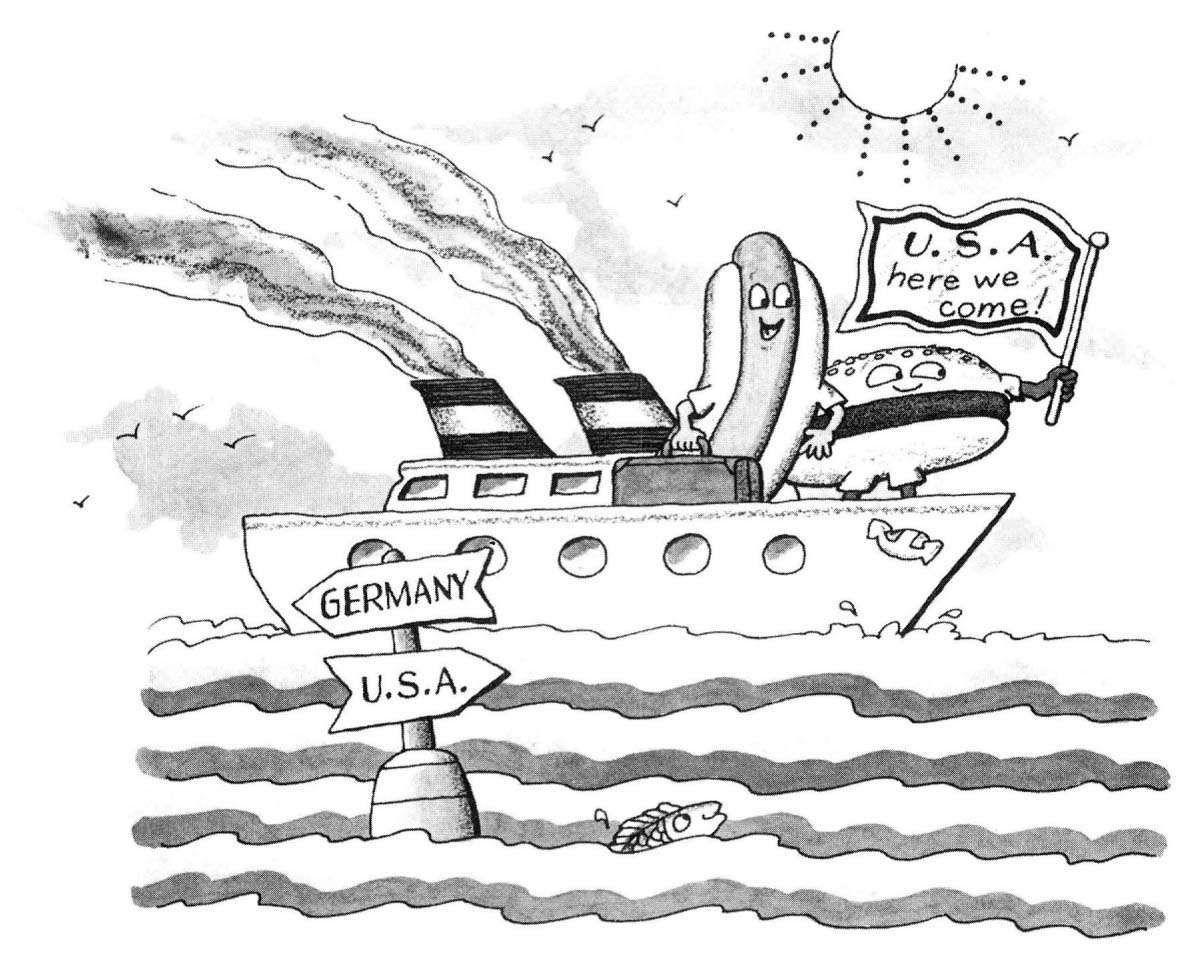
Cheeses
LIMBURGER is a soft, white cheese with a very strong odor. Some people hold their noses near this cheese. It's named after the place where it was first made, a province in Belgium called Limburg.
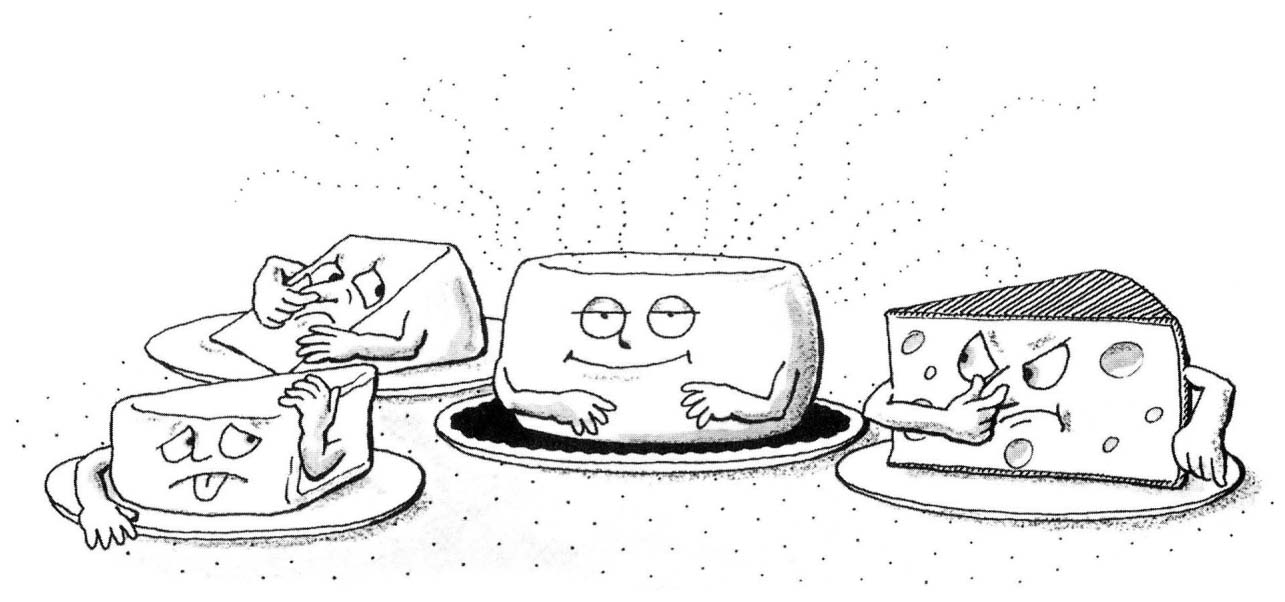
ROQUEFORT is a strong, cream-colored cheese with a blue mold running through it. It originated in the French town of Roquefort.
CHEDDAR is a hard, smooth cheese. It can be white or yellow, mild or sharp. The first time anybody ever ate cheddar cheese was in a village in England named Cheddar.
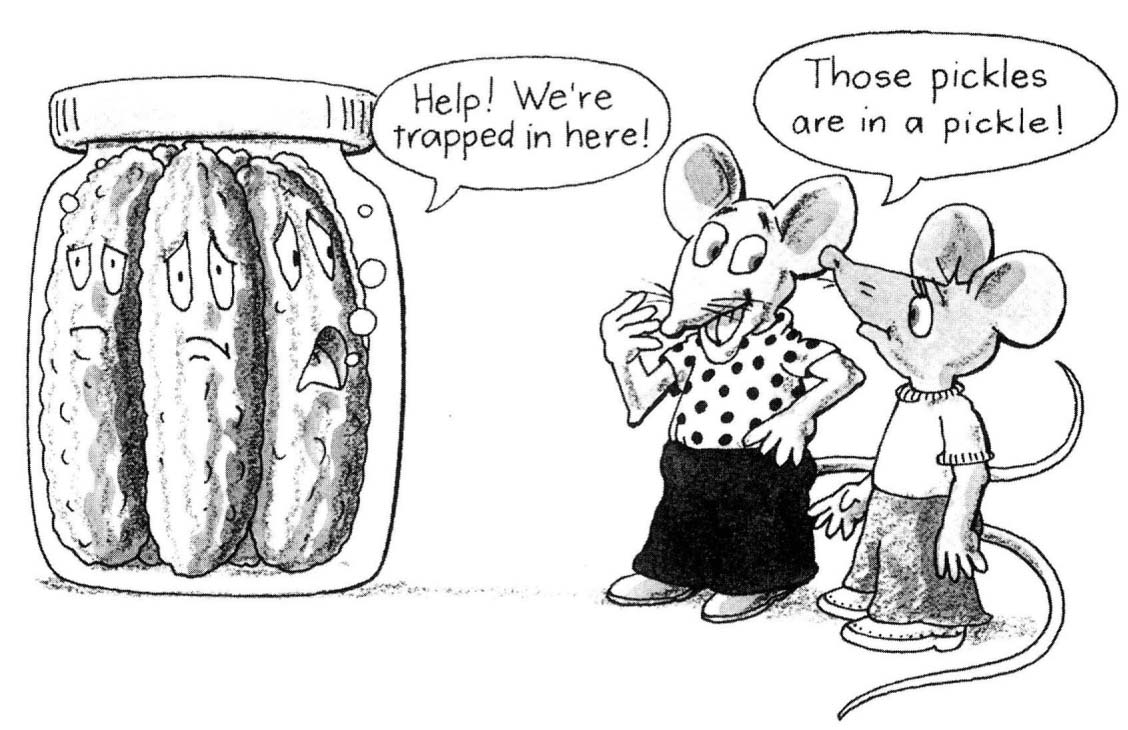
Pickles
Before refrigerators were invented, foods were "pickled"preserved in salt water or vinegar. In the 1300s a Dutchman, Willem Beukelz (pronounced BOY-kells), was the first person to "pickle" food. English people liked Beukelz's idea, but they mispronounced "Beukelz" so that it sounded like "pickles." Today we call pickled cucumbers "pickles."
Sandwich
The British Earl of Sandwich loved to gamble. Sometimes he stayed at the card table for a whole day and night. He didn't want to get up to eat or get his fingers messy, so early one card-playing morning in 1762, he ordered his servant to bring him roast beef wrapped in bread. The idea caught on!
Graham Cracker
Reverend Sylvester Graham hated meat, alcohol, and white bread. He wrote books and lectured people in the 1800s to give up such "unnatural" foods and drink. He invented his own healthful cracker baked of unsifted whole wheat flour. Some people thought Graham was crazy, but his crackers are still popular.
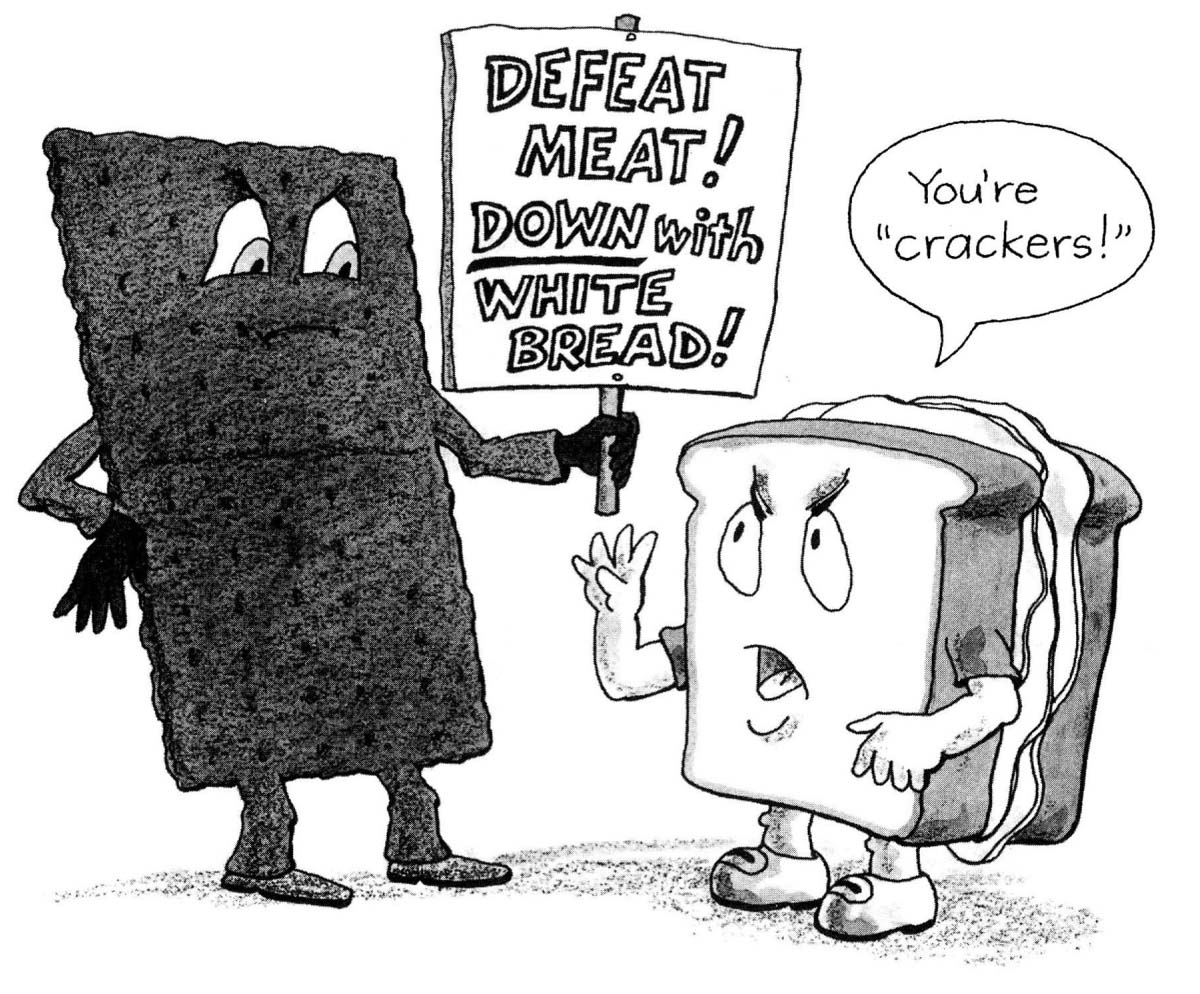
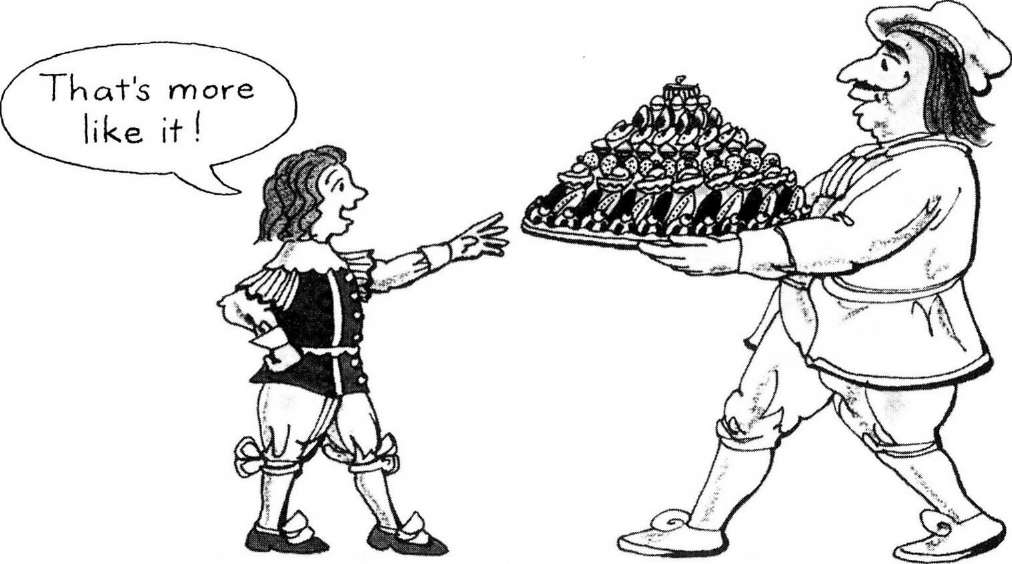
Candy
In the 1600s, little French Prince Charles de Cond (pronounced con-DAY) loved sugary treats. The royal chef was worried that the boy wasn't eating healthful foods, so he glazed bits of meat, vegetables, and fruit with sugar, egg whites, and nuts. Today just the coatings of Prince de Conde's sweet treats are called "candy."
Next page



